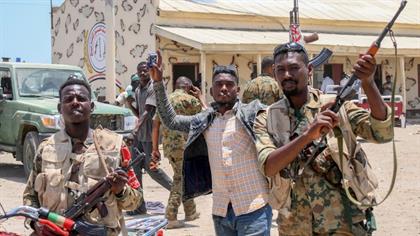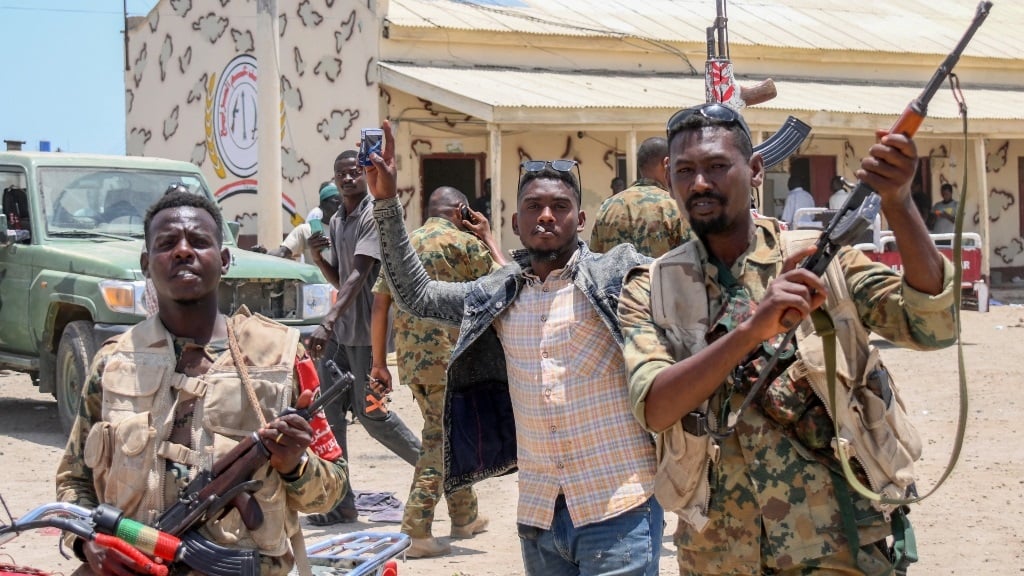- There have been two coups in Sudan since 2019.
- The military alliance is made up of two separate armed forces.
- The clashes are between these two forces as they fight over who should hold more power.
When President Omar al-Bashir was removed in an uprising in 2019, Sudan’s civil-military relations were tested.
This was as the military agreed to share power with civilians, working toward the return of multi-party democracy.
However, the October 2021 coup changed the course of the nation, and pro-democracy civilian riots spread across the country because the military was violating the initial agreement.
The civilian arm of the power-sharing deal has international backing.
The military rise of the ruling coalition is a merger of the country’s armed forces loyal to General Abdel Fattah al-Burhan, the country’s de facto ruler, and the Rapid Support Forces (RSF) led by General Mohamed Hamdan Dagalo.
READ | World powers condemn escalation in Sudan as clashes continue
Who are the RSF
Al-Bashir established the RSF in an attempt to put an end to a rebellion in Darfur that had been going on for more than 20 years.
The rebellion was over the sidelining of locals politically and economically by the central government of Sudan.
Around 2013, the RSF was transformed by al-Bashir into an organised paramilitary army.
They went on to fight as a regular army in Libya and Yemen, while also maintaining a presence in South Darfur in the battle against insurgents.
But in 2019, under Dagalo, the RSF turned against its founder, al-Bashir, who was removed from power.
General Abdulfatah al-Burhan
Before the 2019 coup, al-Burhan was the third highest ranking official in the Sudanese armed forces.
He was relatively unknown by the general public until he took leadership of the Sovereign Council, a civilian-military organisation established to lead Sudan toward democracy.
The national army is controlled by al-Burhan. During the fall of al-Bashir, his army joined forces with RSF. It was also the same case in the 2021 coup.
During the 2021 coup, the military effectively took charge, dissolving the power-sharing Sovereign Council in the process, and briefly arresting then-Prime Minister Abdalla Hamdok and other civilian leaders.
Al-Burhan was meant to hand over command of the council to a civilian figure.
Instead, he disbanded the council, declaring in a television broadcast that he would hold elections in July 2023 and then cede power to an “independent and fair representative government”.
Military clashes
Tensions have been bubbling under the surface for some time as negotiations on integrating the two forces into one army continue.
In short, the fight is about who should be in charge of the military coalition, al-Burhan or Dagalo.
Hamdok told journalists in Abu Dhabi, United Arab Emirates, that the recent clashes needed to come to an end so that the country could move toward civilian rule.
“The war needs to end tomorrow to allow the country to move into the transitional period which began three years ago. Peace is the only valid option for the people to avoid slipping into civil war,” he said.
The News24 Africa Desk is supported by the Hanns Seidel Foundation. The stories produced through the Africa Desk and the opinions and statements that may be contained herein do not reflect those of the Hanns Seidel Foundation.


